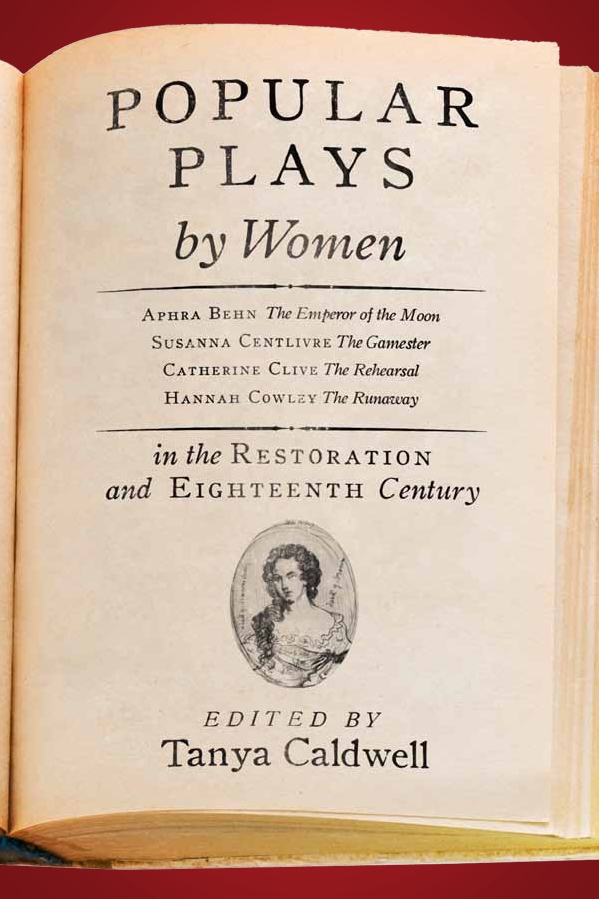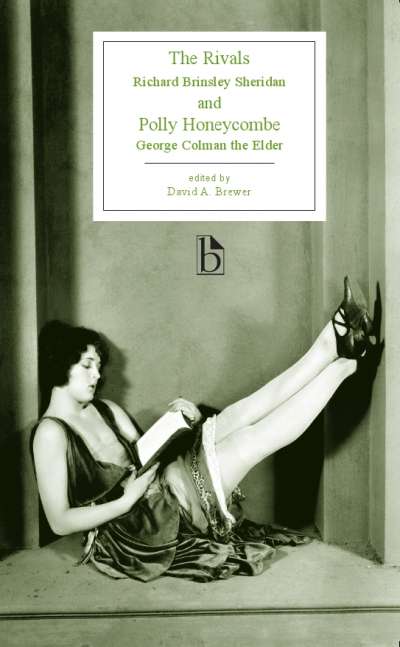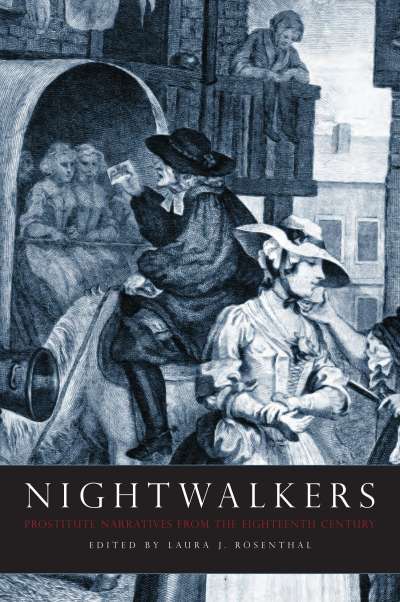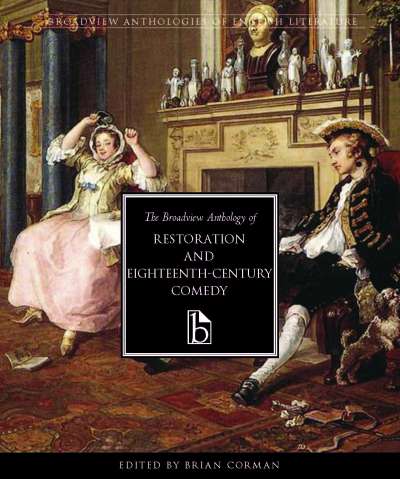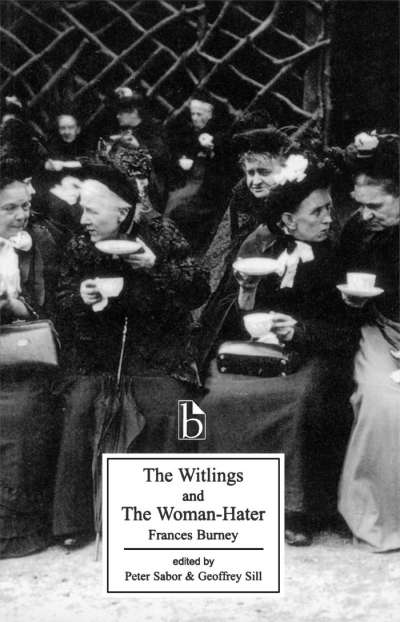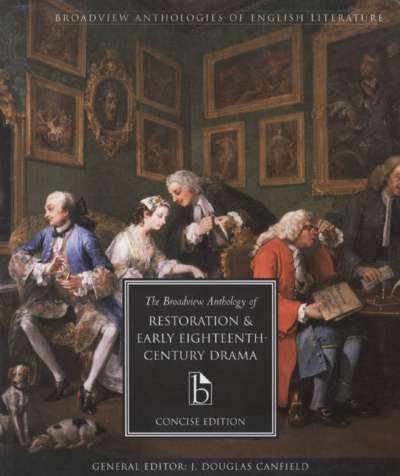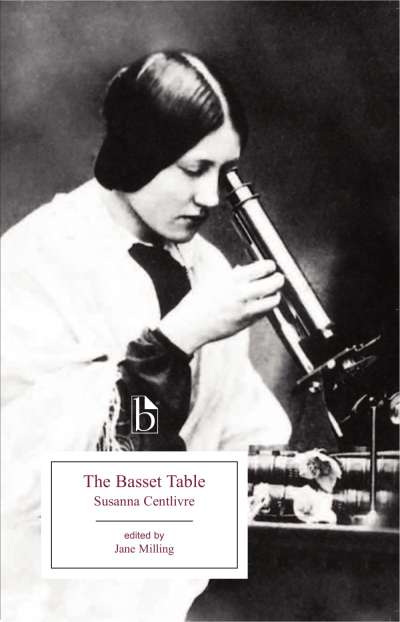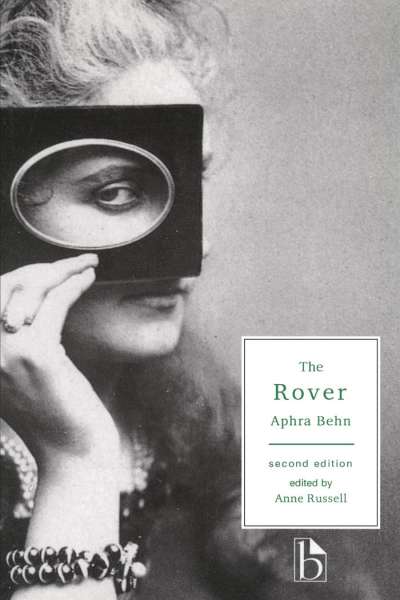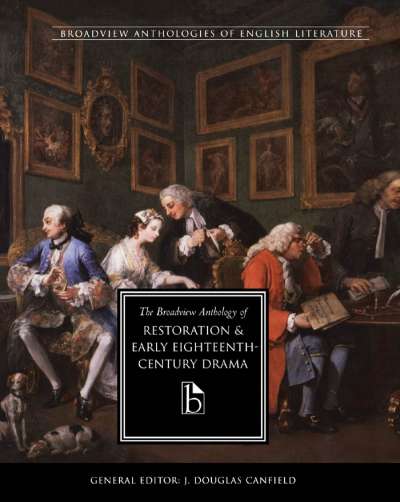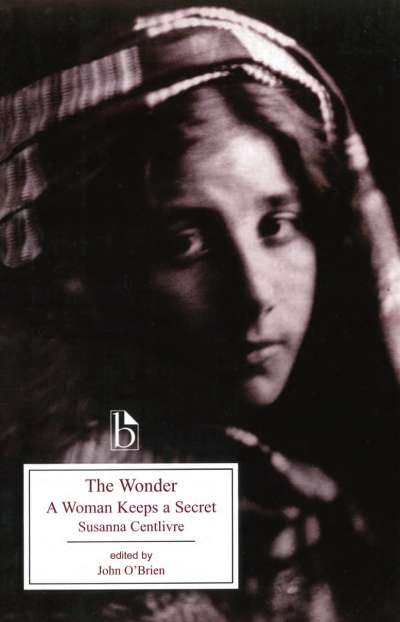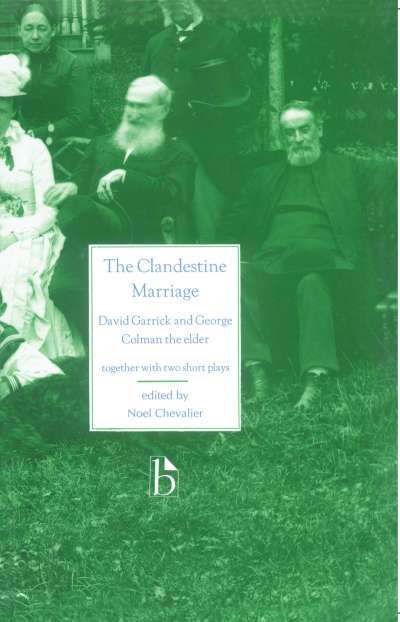This anthology offers a selection of popular dramatic works by female playwrights from Aphra Behn in the 1670s through Hannah Cowley in the later eighteenth century. These plays were successful as plays of their time, not just as plays by women, together providing evidence that women dramatists often managed better than their male counterparts to please diverse audiences, who were notoriously fickle as well as predisposed to oppose them. Accessible to both graduates and undergraduates,
Popular Plays by Women shows how these playwrights captured audiences through wit, social awareness, and dramatic dexterity.
As well as including the prologues and epilogues of the four plays presented, this anthology provides additional materials in which female playwrights discuss the prejudices and special difficulties they face.
For a brief excerpt from Popular Plays by Women in the Restoration and Eighteenth Century, please see our blog post: “I would take a little pains to make him know how much he errs…”.
Comments
“Showcasing the diverse talents of Restoration and eighteenth-century women playwrights, Popular Plays by Women makes available to modern readers works that held the stage for decades. The collection is unique in including afterpieces and satirical farces as well as comedies, works rarely read today but essential elements in theater as experienced during this time. Popular Plays by Women helps us see these writers as successful professionals in the world of the theater. Racy, funny, and sometimes downright bizarre, these plays are a delight to read and represent an exciting new resource for teachers of eighteenth-century drama and women’s literature.” — Jean I. Marsden, University of Connecticut
“Many classes in drama, gender studies, and seventeenth-and eighteenth-century literature need intelligently-selected modern collections such as this edition of plays and dramatic commentary by women. Tanya Caldwell is an excellent guide to these works: her introduction and editorial apparatus locate the plays precisely in their theatrical contexts and connect the women’s struggles as writers and as subjects in their times. Her focus on popular plays by women reminds us not only that women were important innovators as performers but also that—against all odds—they helped influence generic change.” — Cheryl Wanko, West Chester University of Pennsylvania

